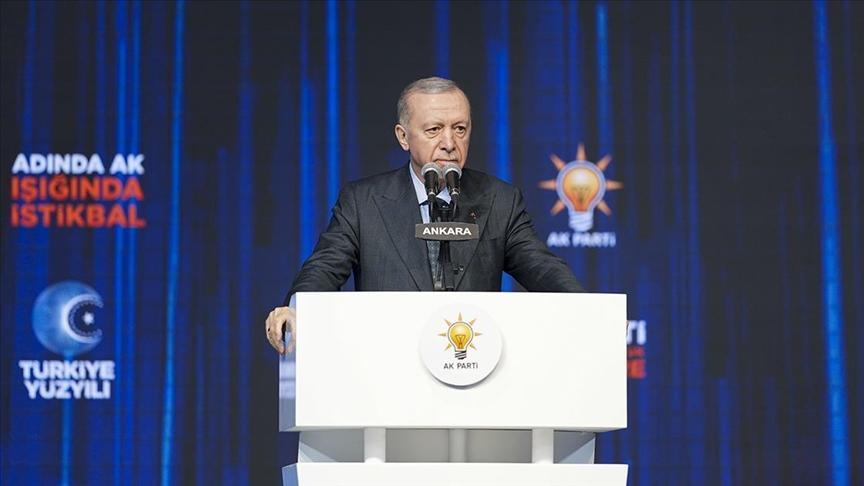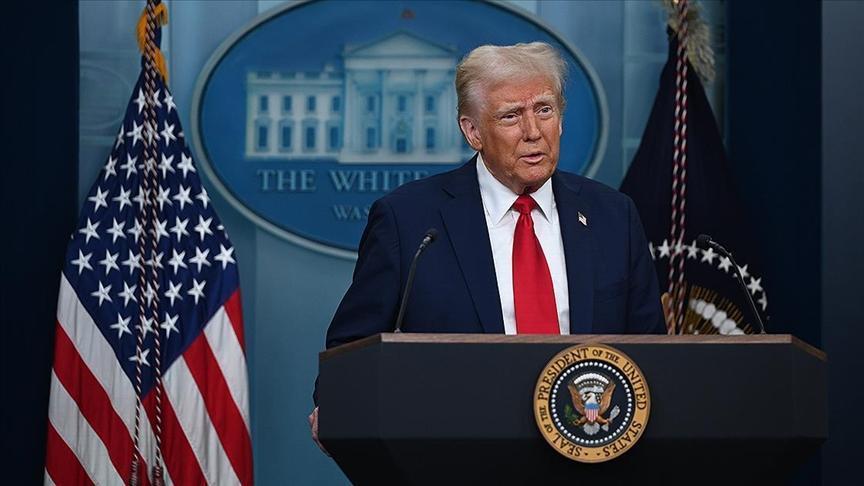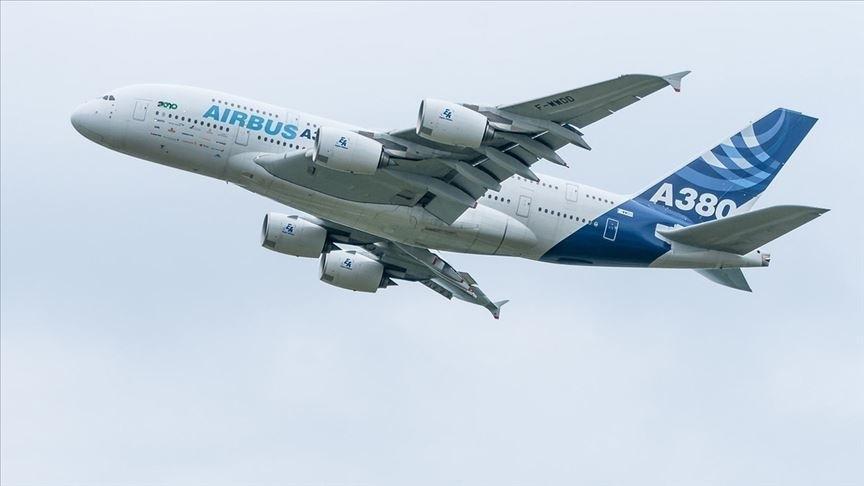An Obama-like coalition for Turkey’s opposition
MAHİR BÜYÜKYILMAZ
Republican People’s Party (CHP) Chairman Kemal Kılıçdaroğlu was in Washington last month to explain the CHP’s case against Prime Minister Tayyip Erdoğan’s growing authoritarianism, and the ruling Justice and Development Party’s (AKP) expanding Islamist agenda that is polarizing the country.Of course, the battle has to be won in Turkey, and if Kılıçdaroğlu and the CHP can manage to bring the alienated segments of society together in a broad popular coalition, they could bring Erdoğan’s decade long rule to an end. To accomplish this task, it needs to look closely at the coalition-building strategy of U.S. President Barrack Obama.
Erdoğan came to power promising prosperity and political stability. During his first two terms he implemented some of the most profound economic and political reforms in the country’s history, which led to very high growth rates and allowed Turkey to begin European Union accession negotiations in 2005. However, Turkey’s democratization, European integration, and economic growth have all begun to falter, and creeping authoritarianism, rising Islamic conservatism and burgeoning majoritarianism, have sown the seeds of political dissent, which flourished in May 2013 at Gezi Park.
What made the Gezi protests unique was the diverse profile of the demonstrators, coming from a wide range of socio-political and economic backgrounds including environmentalists, LGBT groups, students, blue collar workers, white collar professionals, Kurds, secular nationalists, liberals, social democrats, left-wing activists, and even some Islamists.
Instead of acting with common sense to calm tensions, Erdoğan opted instead for a confrontational and violent response to the unprecedented unrest, splitting Turkish society into two: “us and them.”
His truculent stance and aggressive rhetoric, coupled with his government’s militant and sectarian policy in Syria, (Erdoğan at times accused Turkish Alevis of supporting Bashar al-Assad), deepened the social fragmentation in Turkey.
The three crucial elections looming on the horizon will decide the country’s future direction. Large segments of Turkish society have grown weary of Erdoğan’s stubborn unwillingness to compromise.
Mounting political unrest, especially among minority groups, due to the AKP’s anti-pluralistic and discriminatory narrative, as well as an economic slowdown, have dented Erdogan’s invincibility, and provide a window of opportunity for the CHP. As a result, if Kılıçdaroğlu, is able to form a broad-based coalition, like Obama, consisting of organized labor, minorities, educated professionals, youth and women (who feel especially threatened by the rise of Islamism), the CHP could become a viable alternative to the AKP.
In 2012, President Obama won reelection with 50.9 percent of the popular vote, and thus became the first Democratic president since Franklin Roosevelt to win two terms with more than half of the popular vote. While Obama received a historically low percentage of the white vote, he won because he carried 93 percent of African American voters, 71 percent of Hispanic voters, 73 percent of Asian American voters, and 55 percent of women and 67 percent of young voters.
Obama and his team, mostly made up of tech-savvy and enthusiastic young people, put together a unique coalition by uniting disparate constituencies with a populist, progressive vision of middle-class economics and social advancement for all, regardless of race, gender, ethnicity, religion, or sexual orientation. The U.S. and Turkey both have very similar modernizing demographic trends of a growing and progressive younger generation, increasing minority populations, a continuing rise in educational levels, an expanding professional class, an increasing number of single and alternative lifestyle households, and a growing diversity, along with the commitment to secularism of major sections of society.
It would be advisable for Kılıçdaroğlu to look to Obama as he charts the course to electoral success. If he can catch the wind of change like Obama did, he might just be able to transform the Turkish political landscape. Both the model and the opportunity are there for him to grasp for the future of Turkey.











